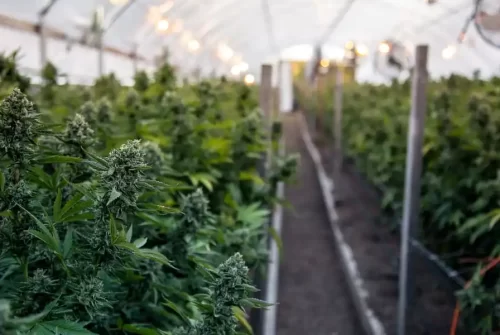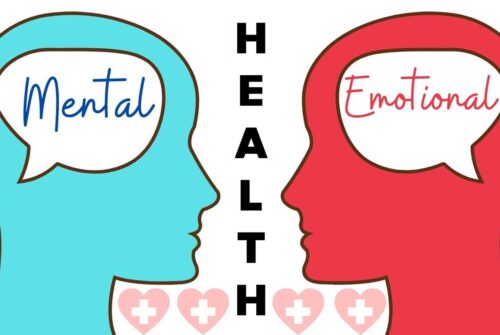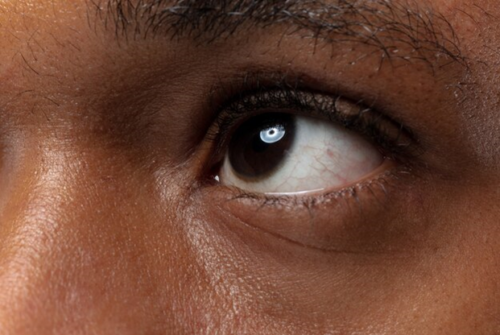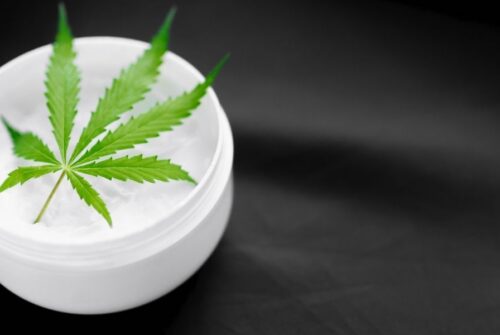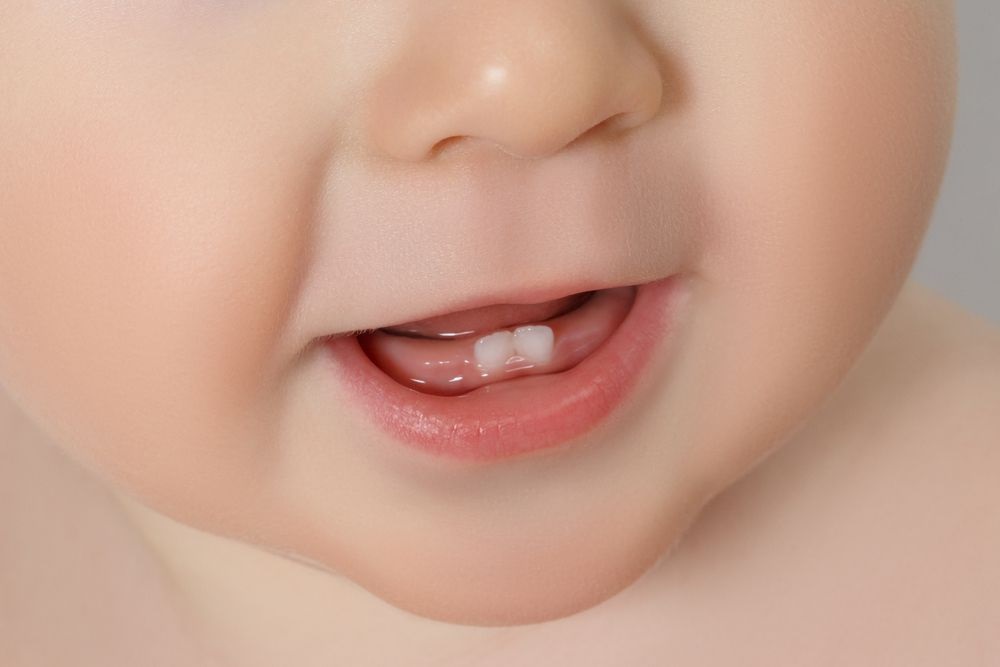
Children have a lot of milestones, and one of those is their teeth growth. Even though the first cut comes through early on, you should not worry too much about caring for them with dental hygiene. After all, they will fall out soon anyways, right? But then again, you might fret about how to care for your child’s discomfort, as they are prone to get agitated during these moments.
But first, take a few deep breaths to unwind. This is a stressful time for parents, especially if their kid is teething or losing teeth. Things will go more easily for you if you prepare for the challenge ahead of time, and you will be able to keep your cool better. Let’s take a closer look at your child’s baby teeth, often referred to as primary teeth, and talk about what to expect as they start falling out.
The First Baby Teeth
Good baby teeth will appear before your child can walk, and they will be excruciatingly unpleasant. Teething occurs when your baby’s teeth emerge from behind the gums, and it can be a painful and stressful time for both you and your kid. But, because this is a normal developmental period for all newborns, you can expect indications of pain and irritation.
Teething Tips and Guidelines
Try the following to aid your baby’s teething:
- You can maintain your baby’s gums healthy by using an infant water pick or a clean cloth. Both approaches are effective. This will aid in the removal of any germs or plaque that may irritate a person.
- Letting children chew on soft things will relieve gum pressure and provide crucial relaxation. Alternatives include an ice spoon, frozen washcloths, or cloth teething rings. Before giving it to your child, make sure it’s clean and the correct size. Giving them cold, soft meals like yogurt or mashed bananas is a terrific suggestion if they’re old enough.
- Teething lotions applied to the skin may temporarily relieve teething pain and discomfort. External teething creams are typically safe for neonates to use. Therefore, it is vital to adhere to the instructions and avoid overapplication. Check to ensure that your child has no bad effects!
- A little massage can help to relieve any swelling or throbbing in your infant’s gums. This may be accomplished using a wet cloth or the tip of your finger. Embrace them tight to help them get through this difficult time.
- Maintain adequate hydration for them. As a baby is a bit older, it is critical that they start drinking fluids, whether breast milk, formula, or water. When your child’s oral tissues are properly hydrated, they have greater volume and are less likely to bulge as new teeth form.
If you follow this advice, you will give yourself and your child both a relaxing break.
When Do Babies Start Losing Their Teeth?
A child’s completely healthy baby teeth will begin to fall out around the age of six. This occurs frequently. Although most neonates lose their baby teeth by this age, confident youngsters may achieve this developmental milestone sooner or later than others. As they get older, their adult teeth will replace their whole set of baby teeth. This will happen before their permanent teeth emerge. They may also begin to hear whispers about the enigmatic Tooth Fairy around this time, giving them something to look forward to in the following months.
As a child’s first tooth appears between the ages of six and twelve months, they frequently feel a surge of joy. Begin encouraging your youngster to wash their teeth now, before they lose them as they get older. This should be done before the child starts losing teeth. The most basic method to begin is to get some water and a softer toothbrush. It is advisable to introduce fluoride toothpaste to your child gradually as they get older. You must teach your child to brush their teeth twice a day, floss once a day, and use mouthwash. Teaching your children about these issues will make them feel less frightened when they go to the dentist.
Baby Teeth That Stay in Too Long
Adult teeth usually emerge from the gums and eventually replace baby teeth before the baby teeth decay. We can take x-rays of your child’s teeth to see if there is an issue that needs to be addressed. Baby teeth do not fall out for a number of reasons, including the appearance of adult teeth later than expected or damaged teeth. In any of these conditions, baby teeth may remain in the mouth. There are additional possibilities, but you’ll find out about them after visiting a pediatric dentist’s clinic like Boise Family Dental Care.
Permanent teeth begin to grow as soon as a kid is born, and your child should have lost most or all of their baby teeth by the age of six. Baby teeth are more likely to fall out gradually in a child than all at once. At Boise Family Dental Care, we go out of our way to make your kid as comfortable as possible. Please come in if you are concerned about your child’s baby teeth so that we can cure the problem or alleviate your anxieties. We go out of our way to make your child as comfortable as possible. Please visit our website to read more about how to make an appointment at our office.
Boise Family Dental Care Can Answer Your Questions
Children commonly have dental anxiety, but our clinic goes out of its way to make them feel as safe and comfortable as they would at home. It may alleviate anxiety in children before their appointment by explaining what dentists do and why they need to see one on a regular basis.
Boise Family Dental Care will make every attempt to book your child’s appointment at the same time as yours in order to minimize disruption to your schedule. We, on the other hand, would be pleased to assist you in any way you want. Our Boise dentist will help you learn more about important issues like your child’s dental care and the best way to support them between sessions.
Although being a parent is stressful enough, things may get even more difficult if your child is teething. With the extraction of the first tooth, until your kid reaches maturity, you may take steps to make the process as painless as possible. Always consult a dentist if you need clarification on something.


